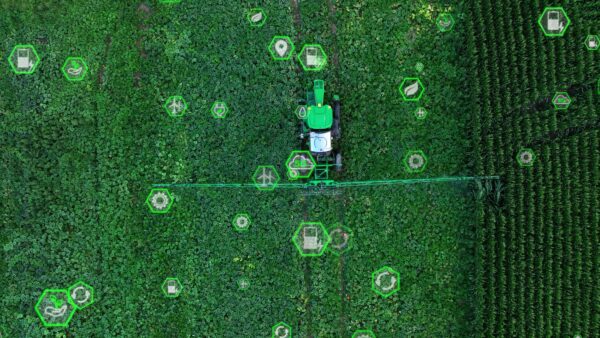The climate debate is relevant in the seed world, where efforts to find more resilient, productive, and sustainable solutions with lower footprints are on the top of the agenda. This means that the demand for resource-efficient solutions is increasing.
Fortunately, we have a strong base in our R&D, which supplies varieties and seed technology that fits well into the green agenda with local production of protein, increased forage efficiency and perennial forage clover- and grasslands with a positive impact on environment and climate.
A year ago, the corona pandemic took over the global agenda, and political initiatives on climate and environment were partly put on hold. With many activities closed, we opened our eyes to nature and began to take higher interest in our garden – a trend we have seen in most of our markets. This boosted our garden seed business in 2020 and the trend seems to continue in 2021.
We fancy green areas with room for biodiversity benefitting flower, birds and bees, – a wish, which has led to an increased demand for flower seed mixtures in several markets.
A growing number of consumers focus much more on climate and environment challenges than before, and our awareness and desire to change behavior has increased. We seem to favor high quality-, sustainable, and locally produced food, and plant-based proteins are taking up more space on our dinner plate.
The demand for locally produced climate-friendly food means that the dairy and meat industry look at how they can optimize their forage production and at the same time maintain a high performance on their livestock. Products with increased fiber digestibility and highly productive local protein sources are part of the solution. With our campaign “Seeding the Green Future”, DLF focuses on the climate and environmental benefits of promoting forage grass and forage legumes for feed.
Worldwide, sports activities have priority to keep going – both on professional- and amateur level. We supply grass seeds to football fields and golf courses around the world, and in these segments, we also see an increased focus on sustainable solutions. Golf courses demand solutions that require less use of pesticides, increase biodiversity, and reduce the need for management.
Between 70 and 90% of the consumers worldwide believe it is important for companies to implement measures to improve the environment. The proportion is highest in South America, Africa and Asia – probably because they live with many environmental challenges close to their homes.
We believe that the pressure to deliver sustainable solutions is a global phenomenon that will grow in the coming years.







